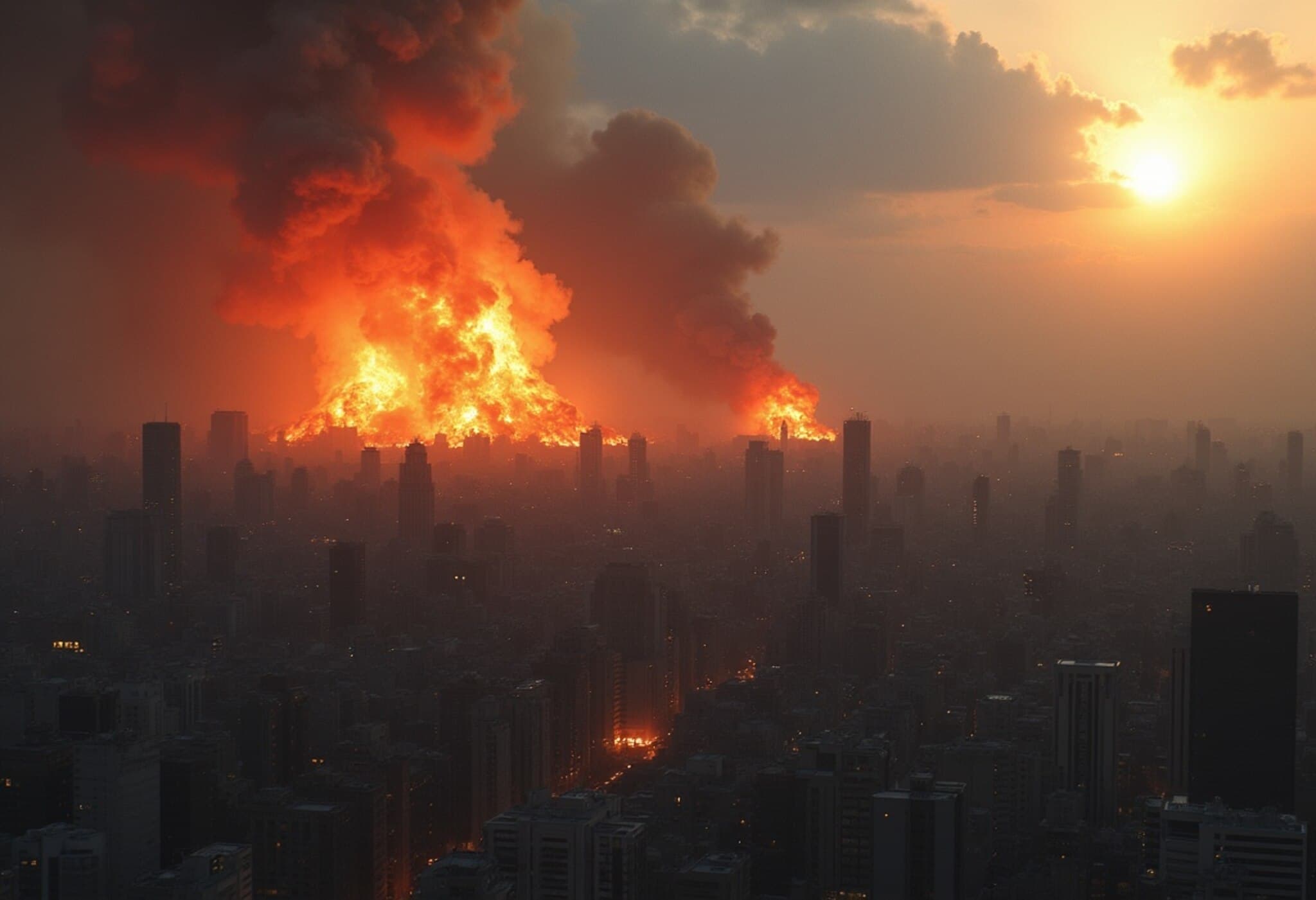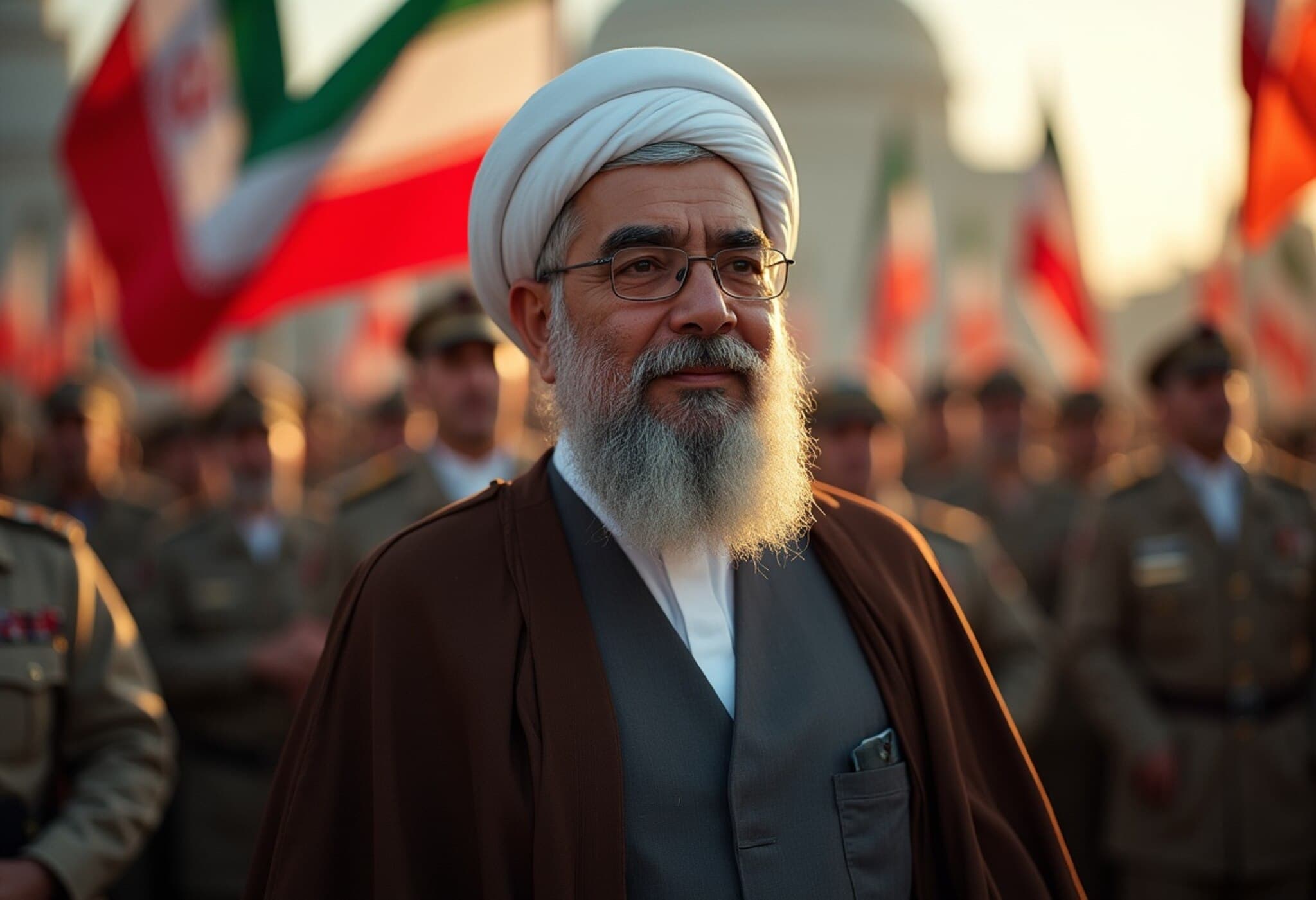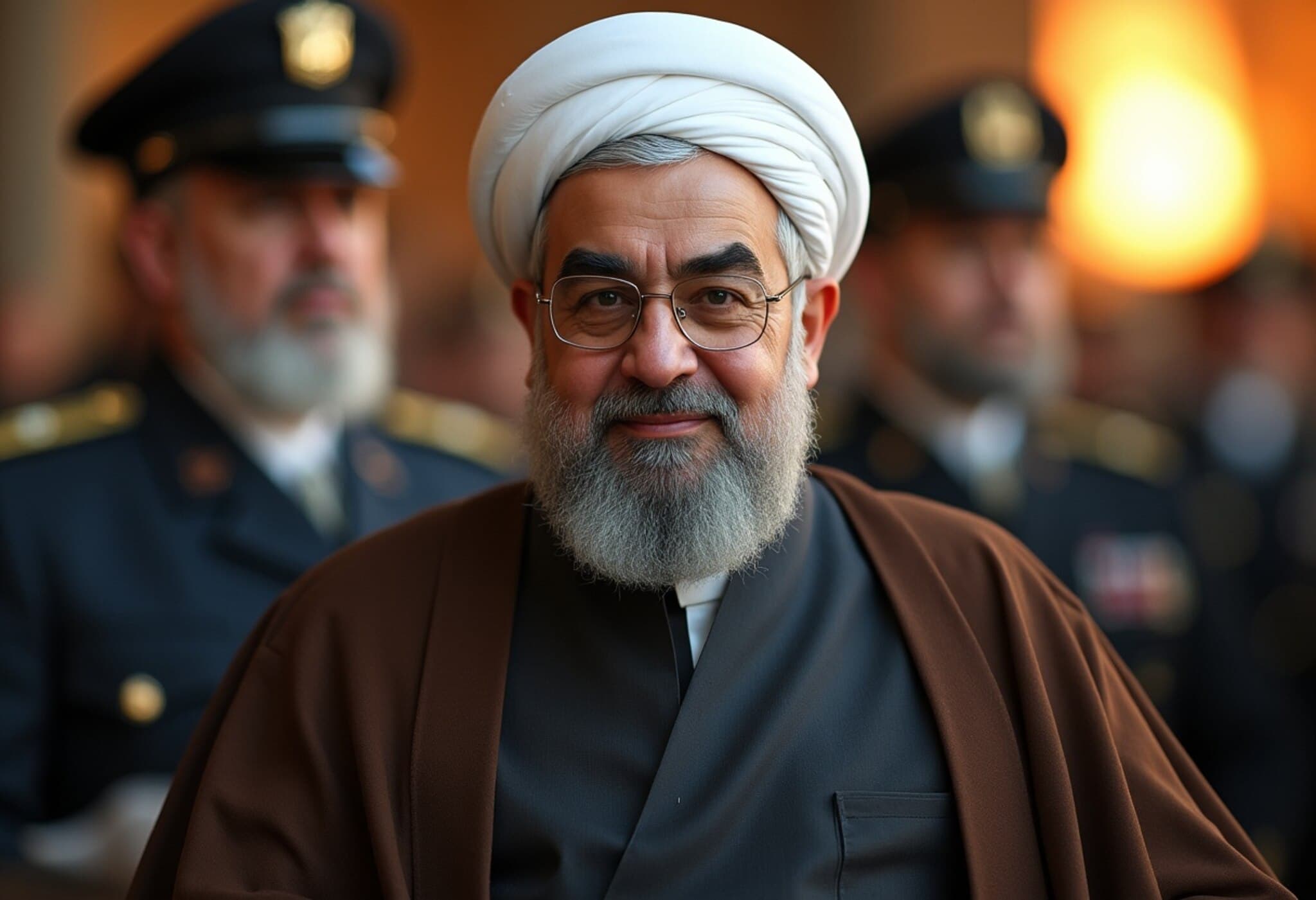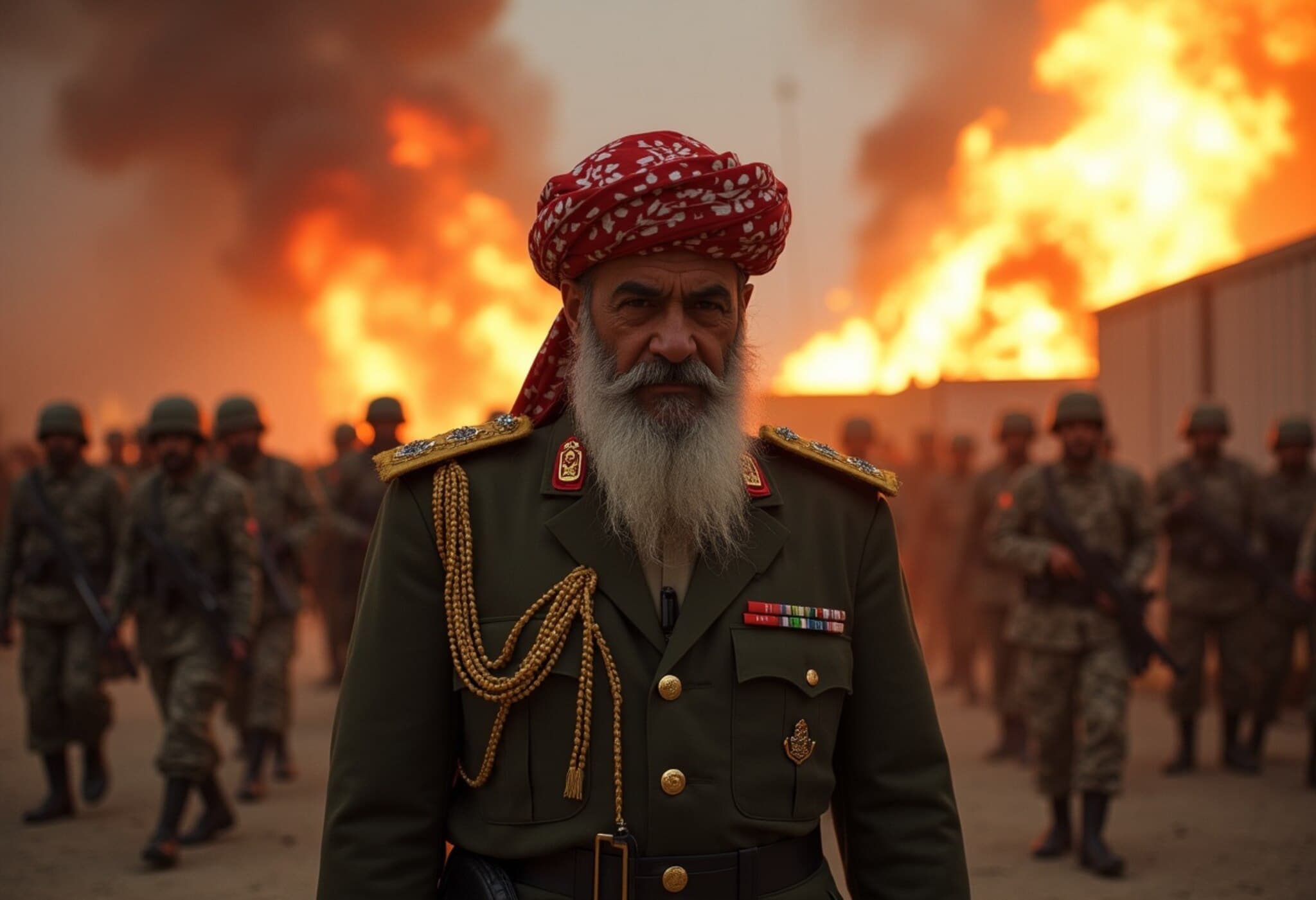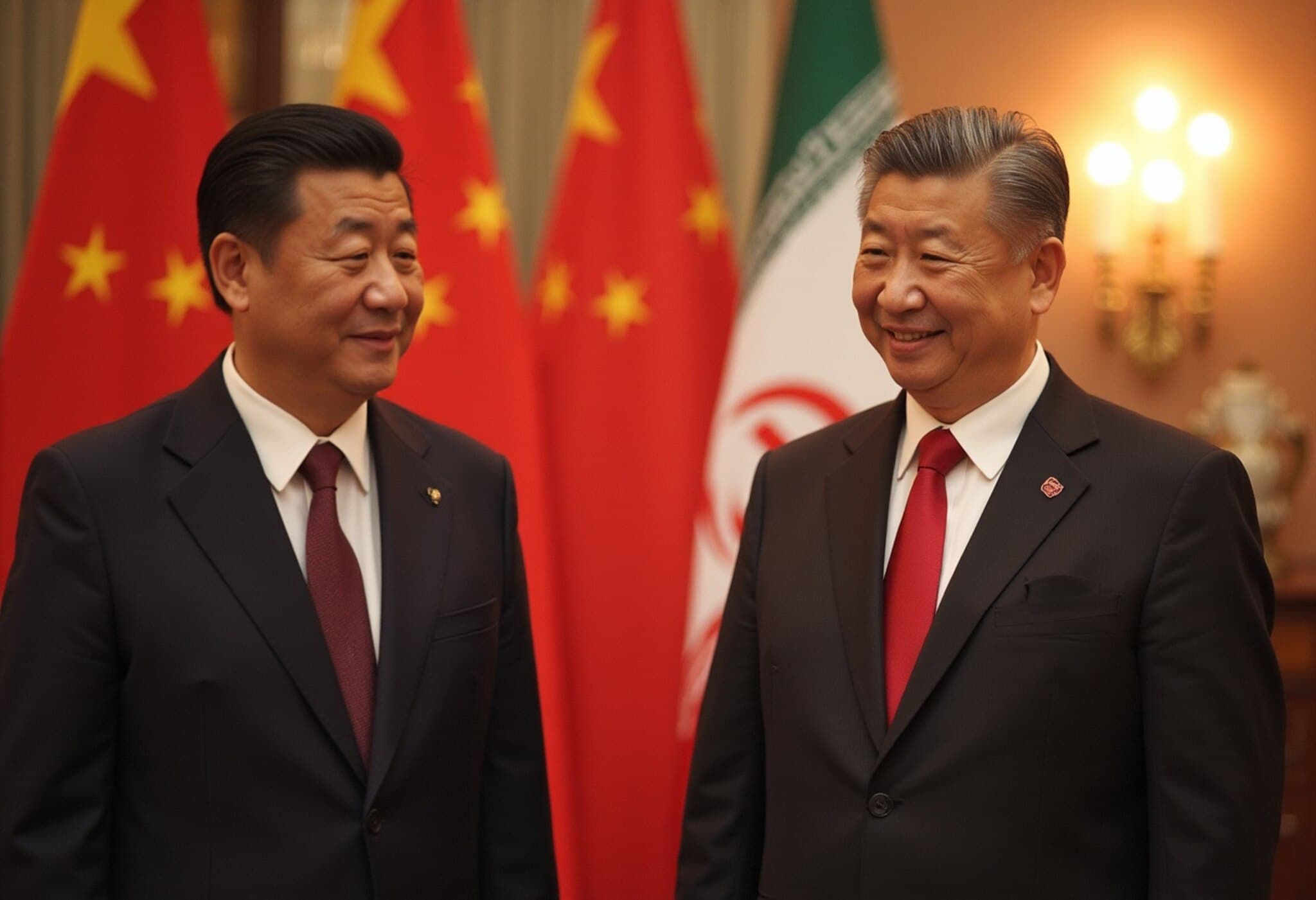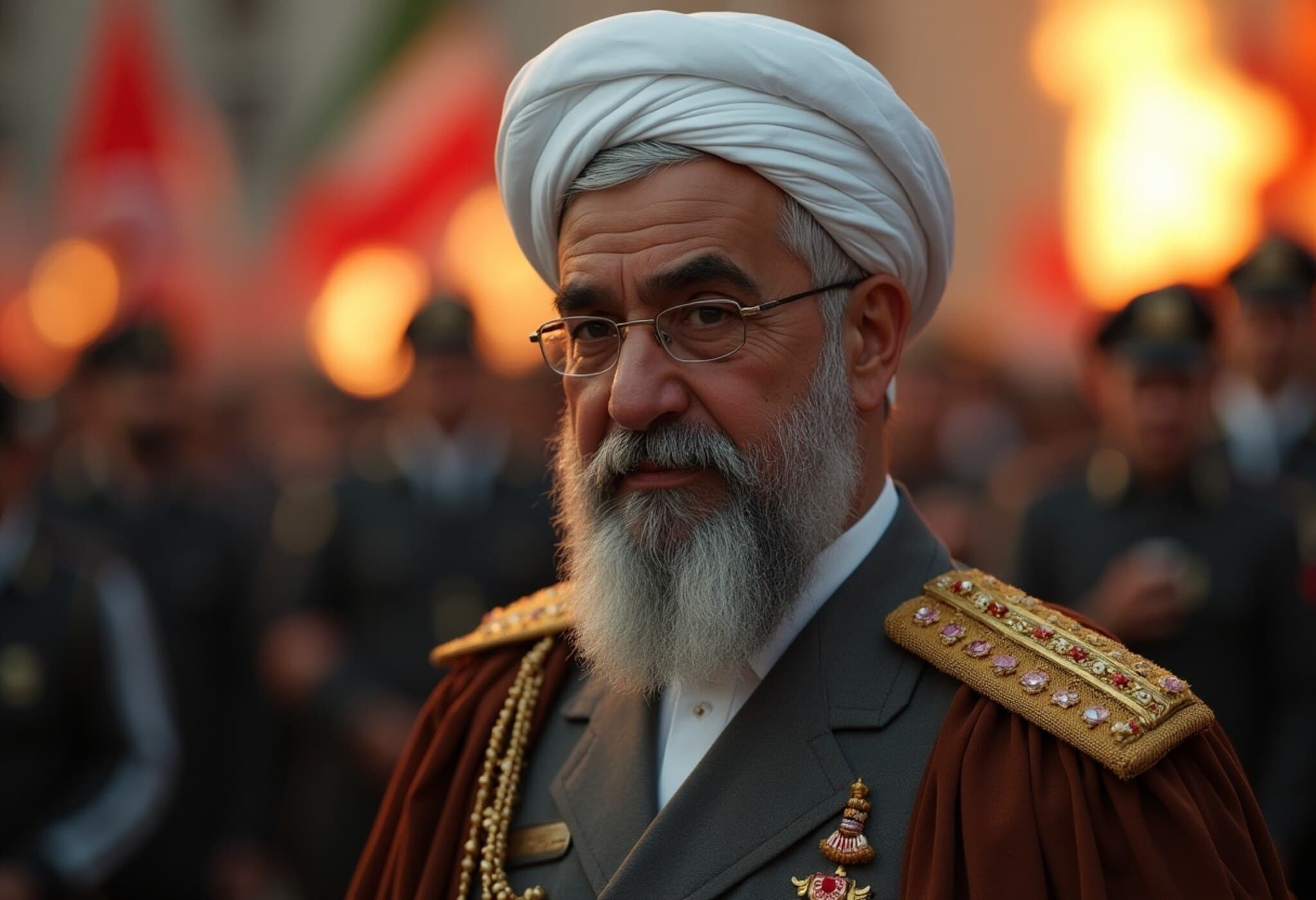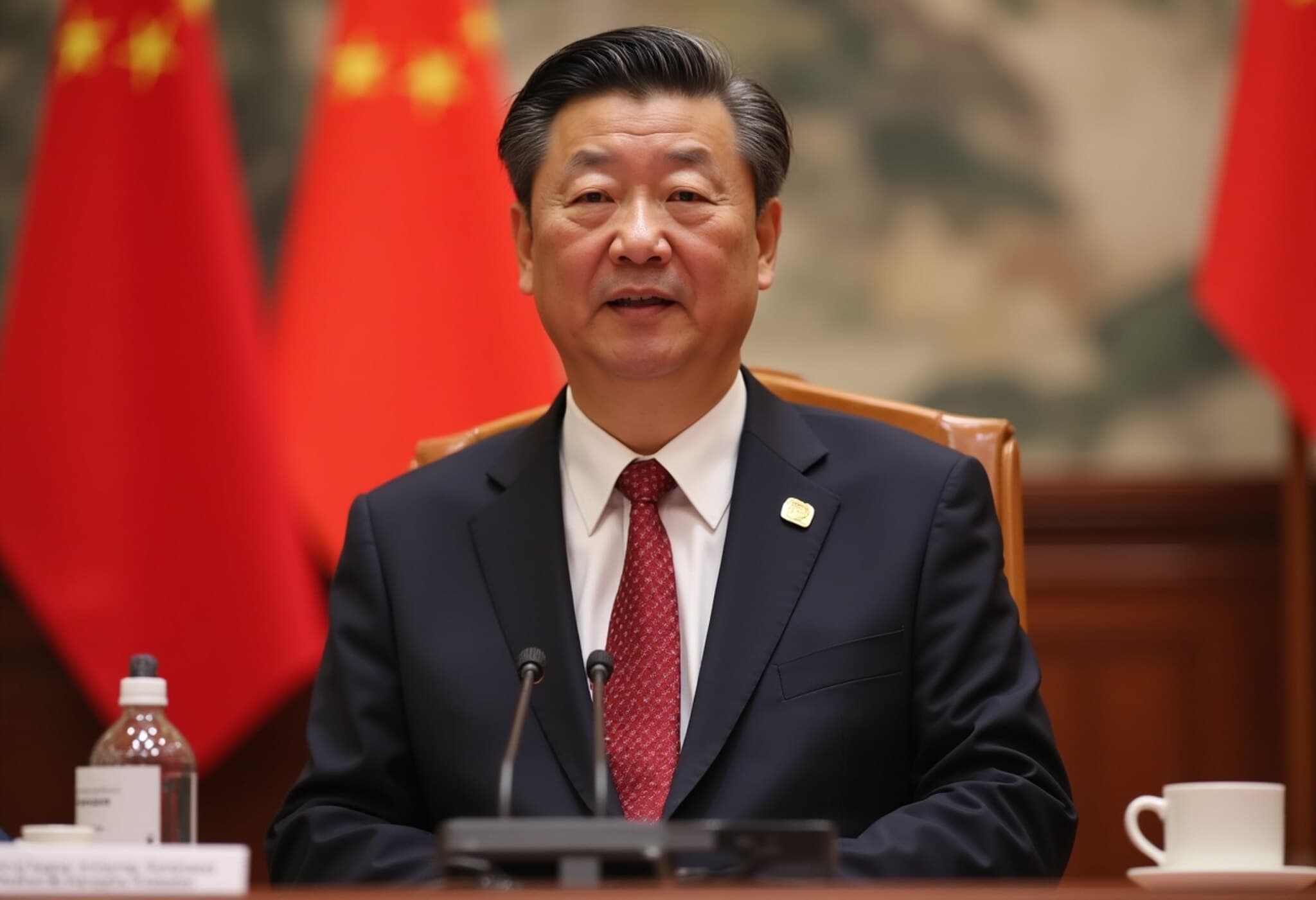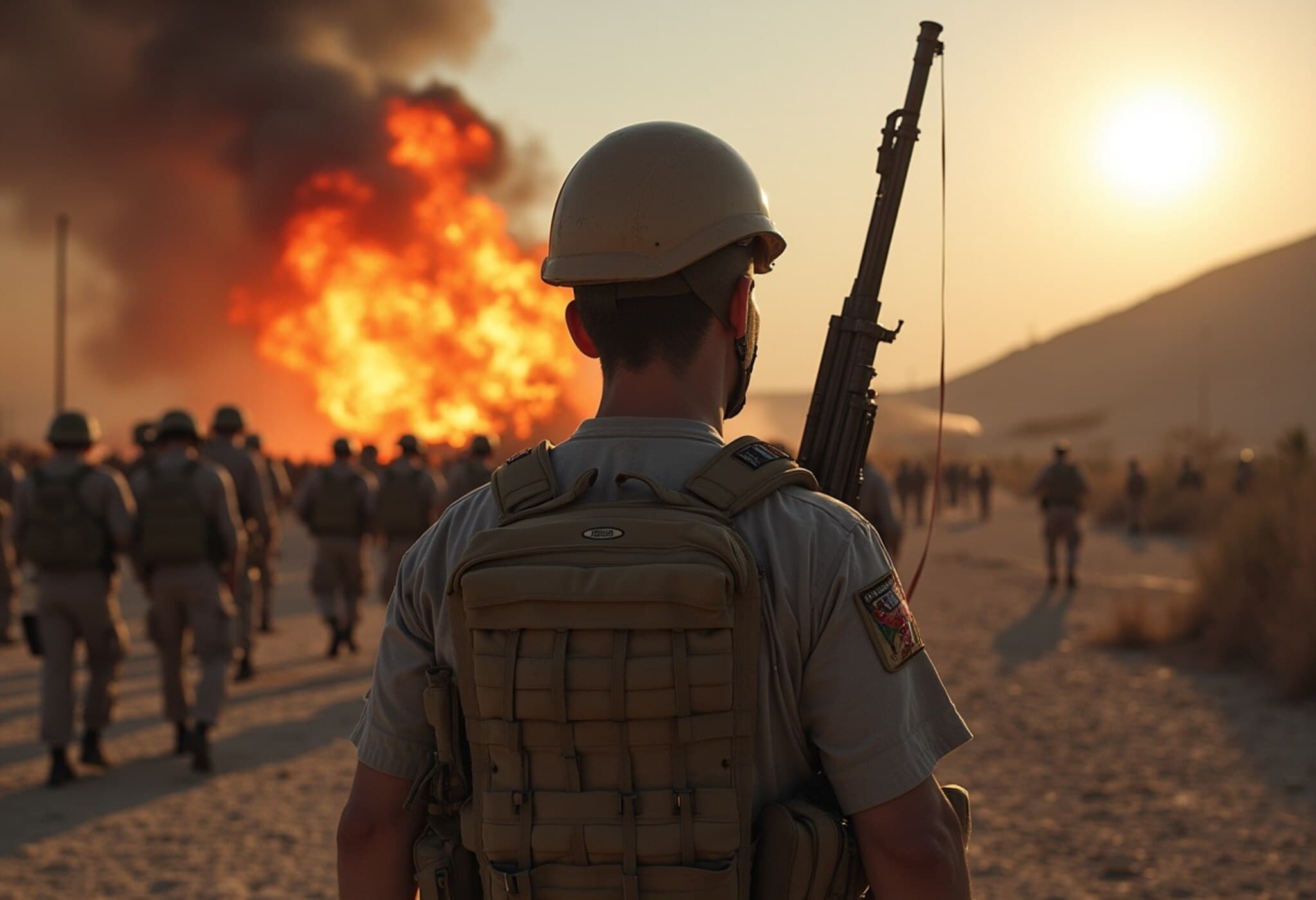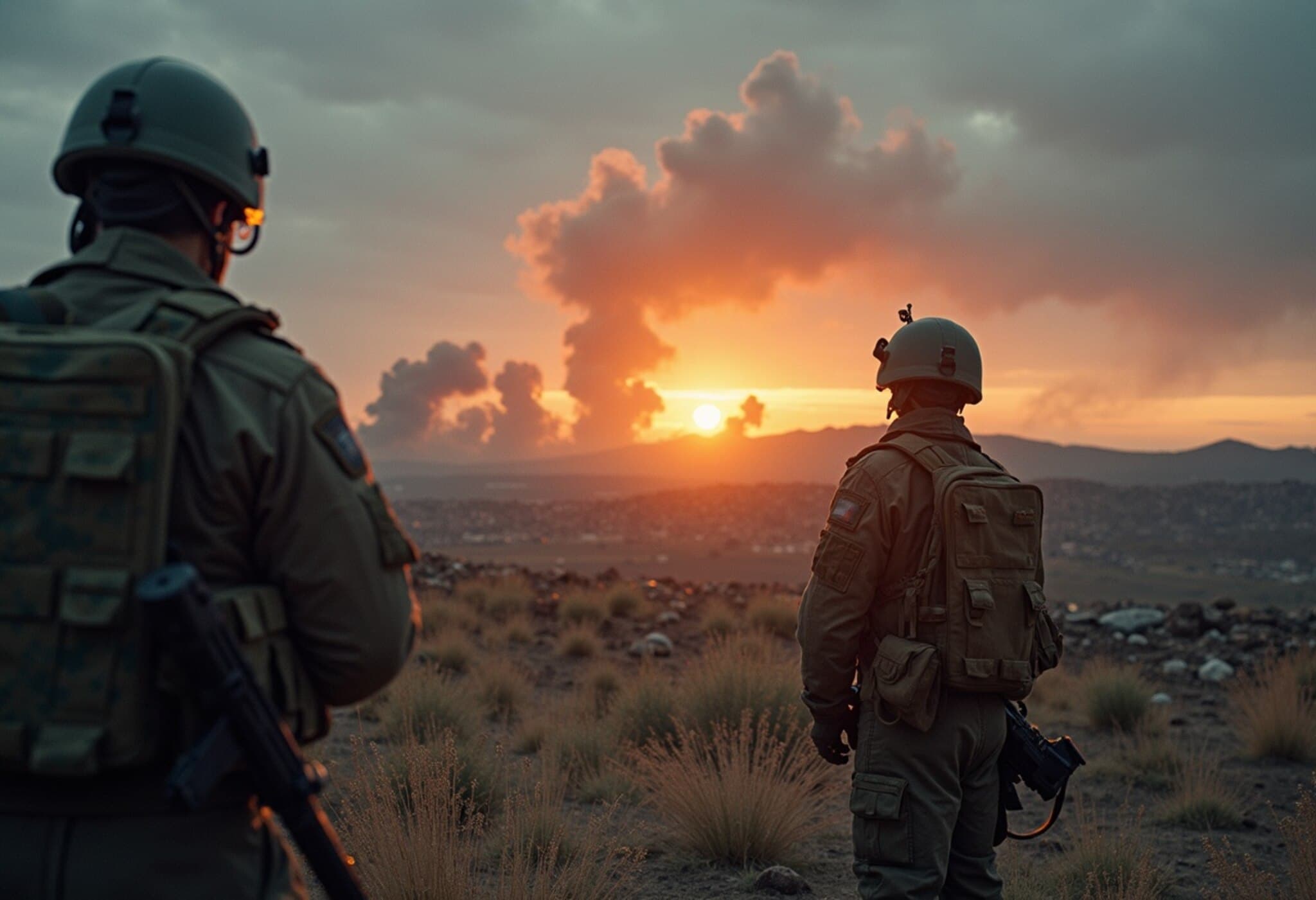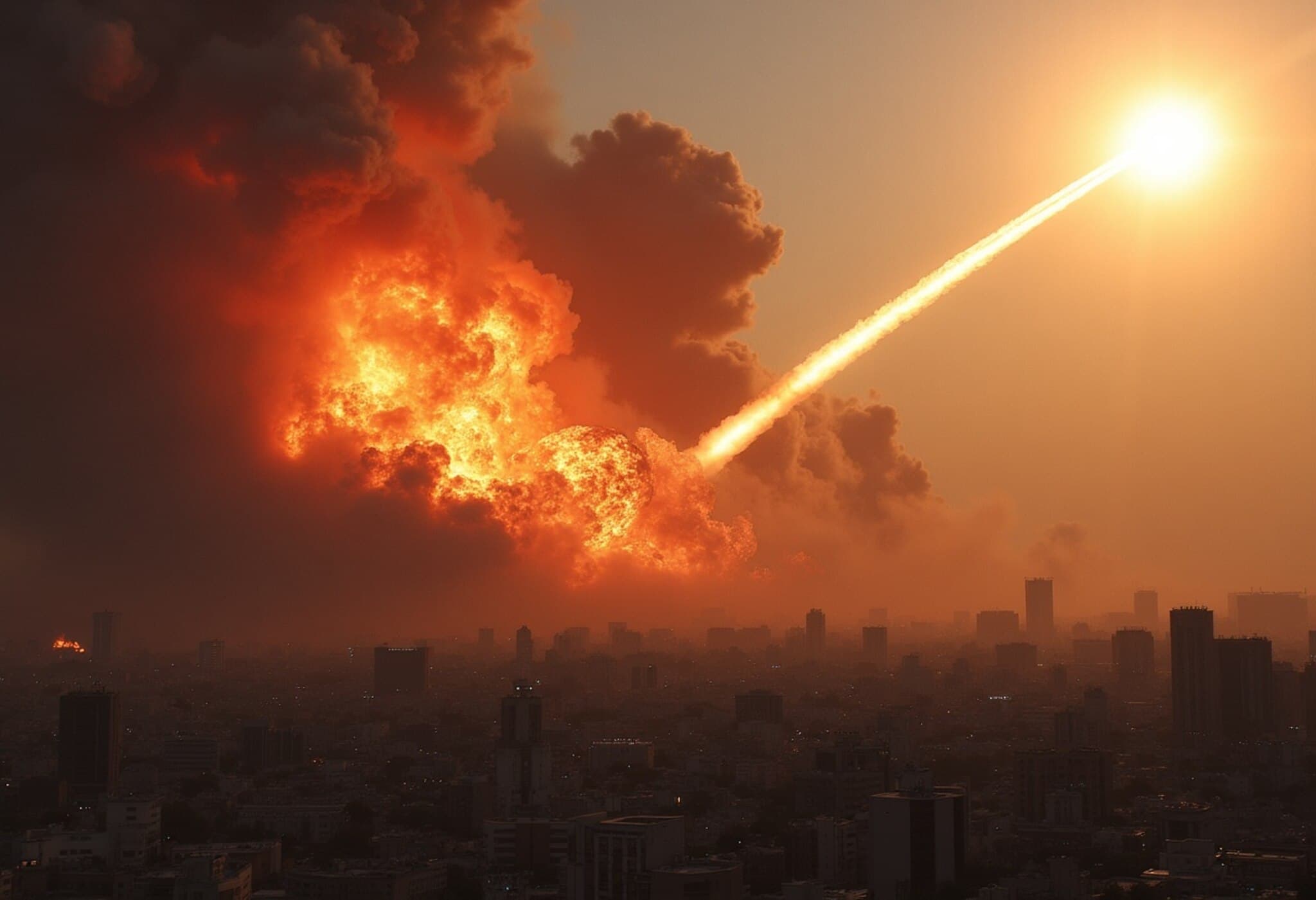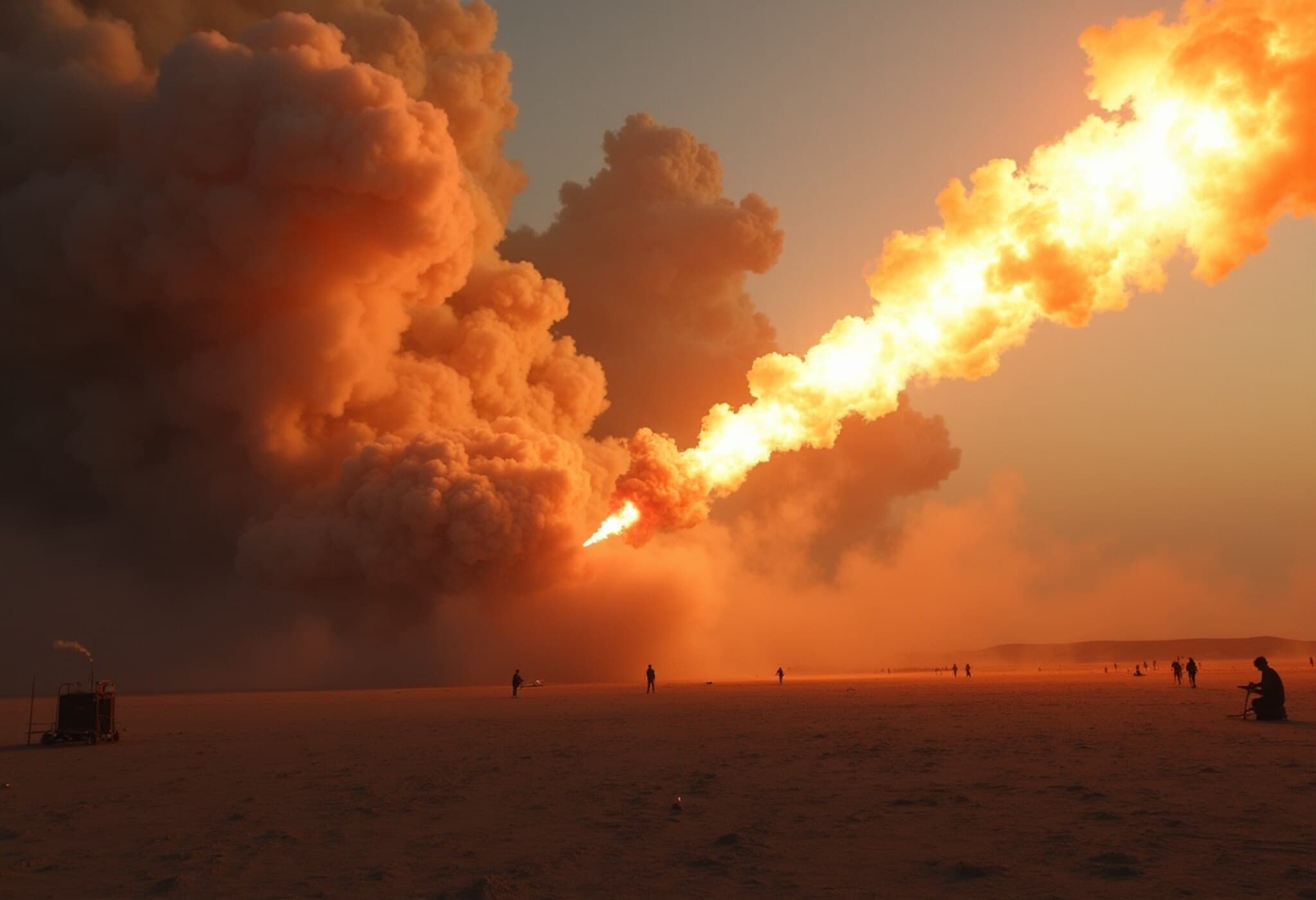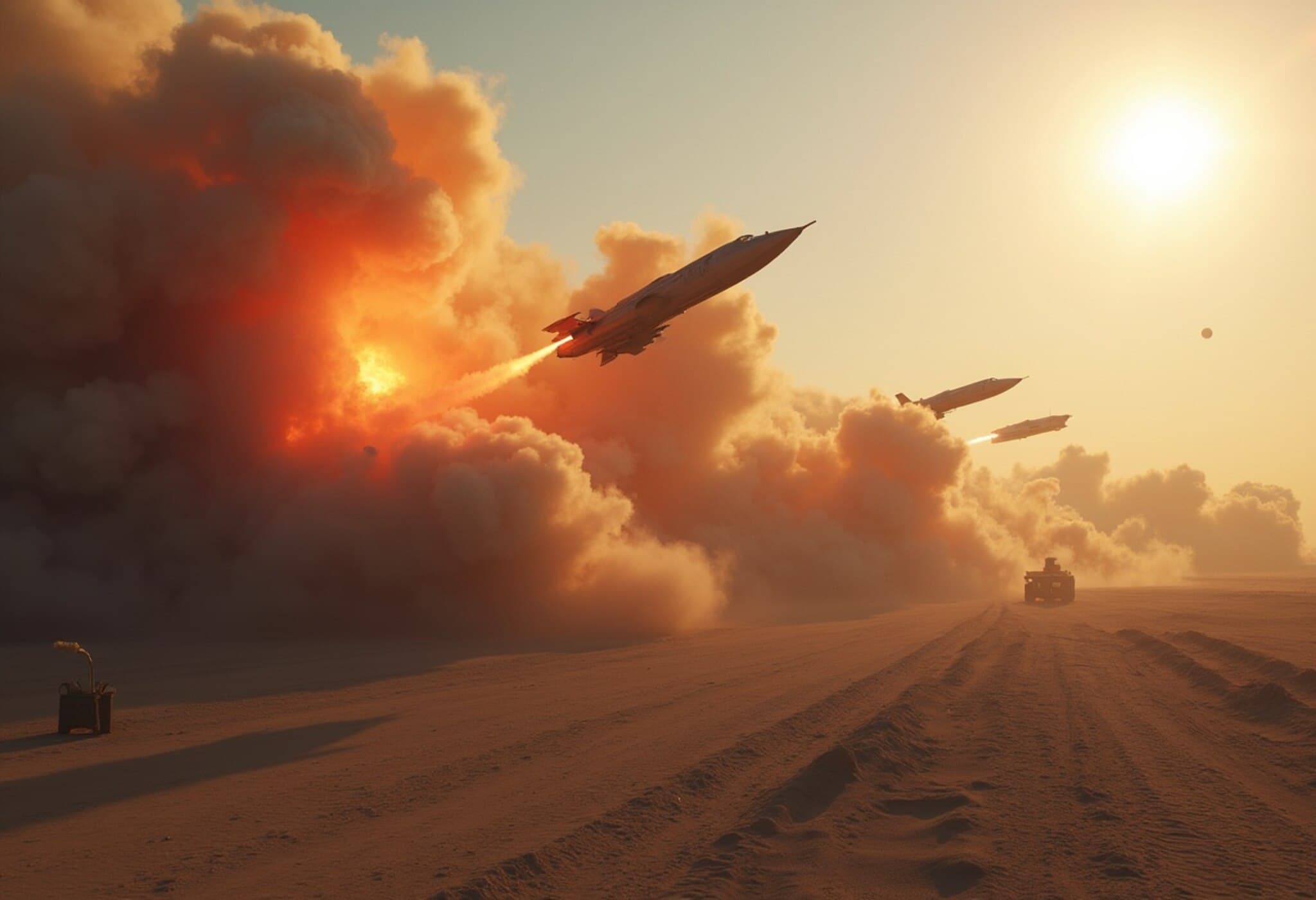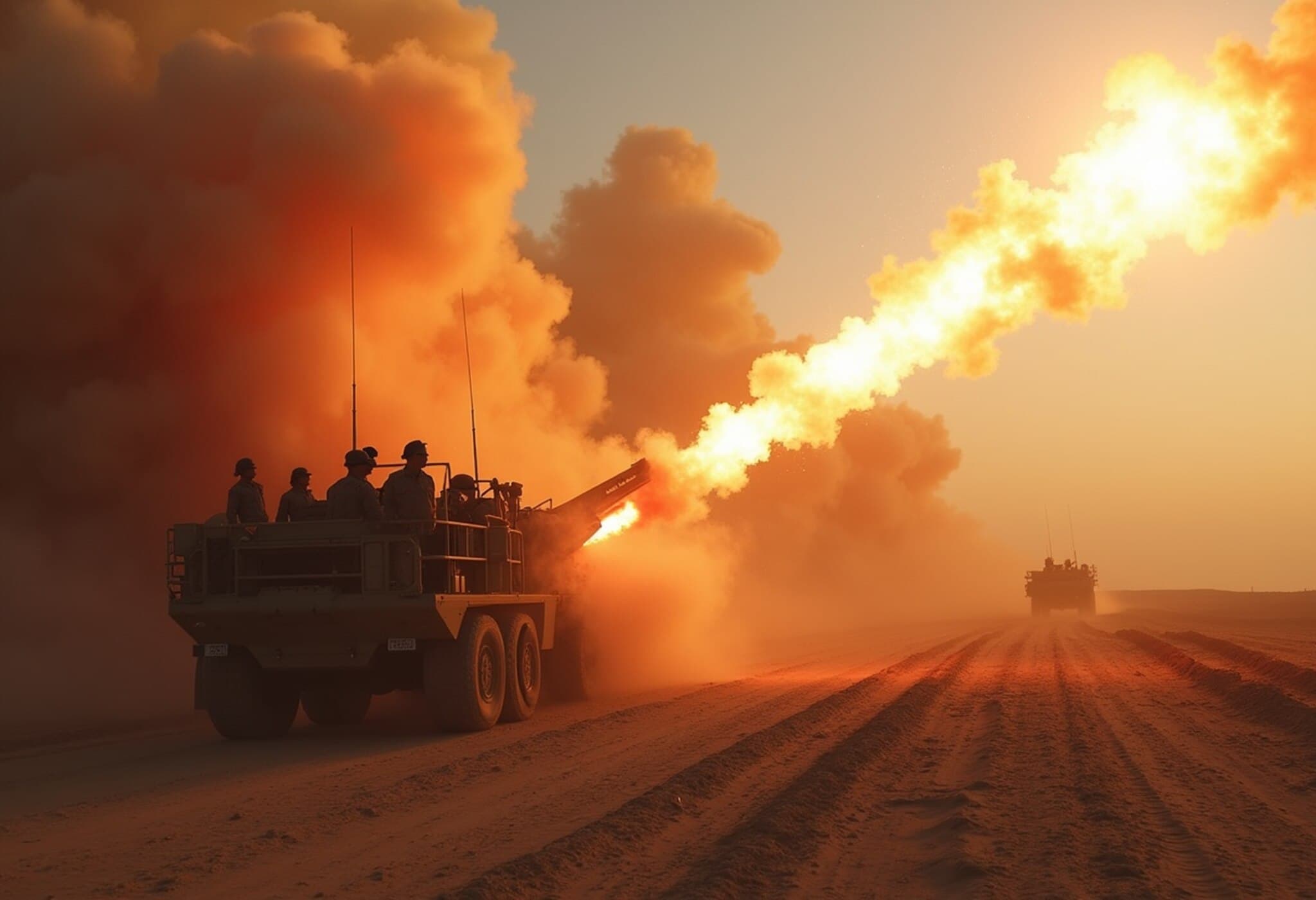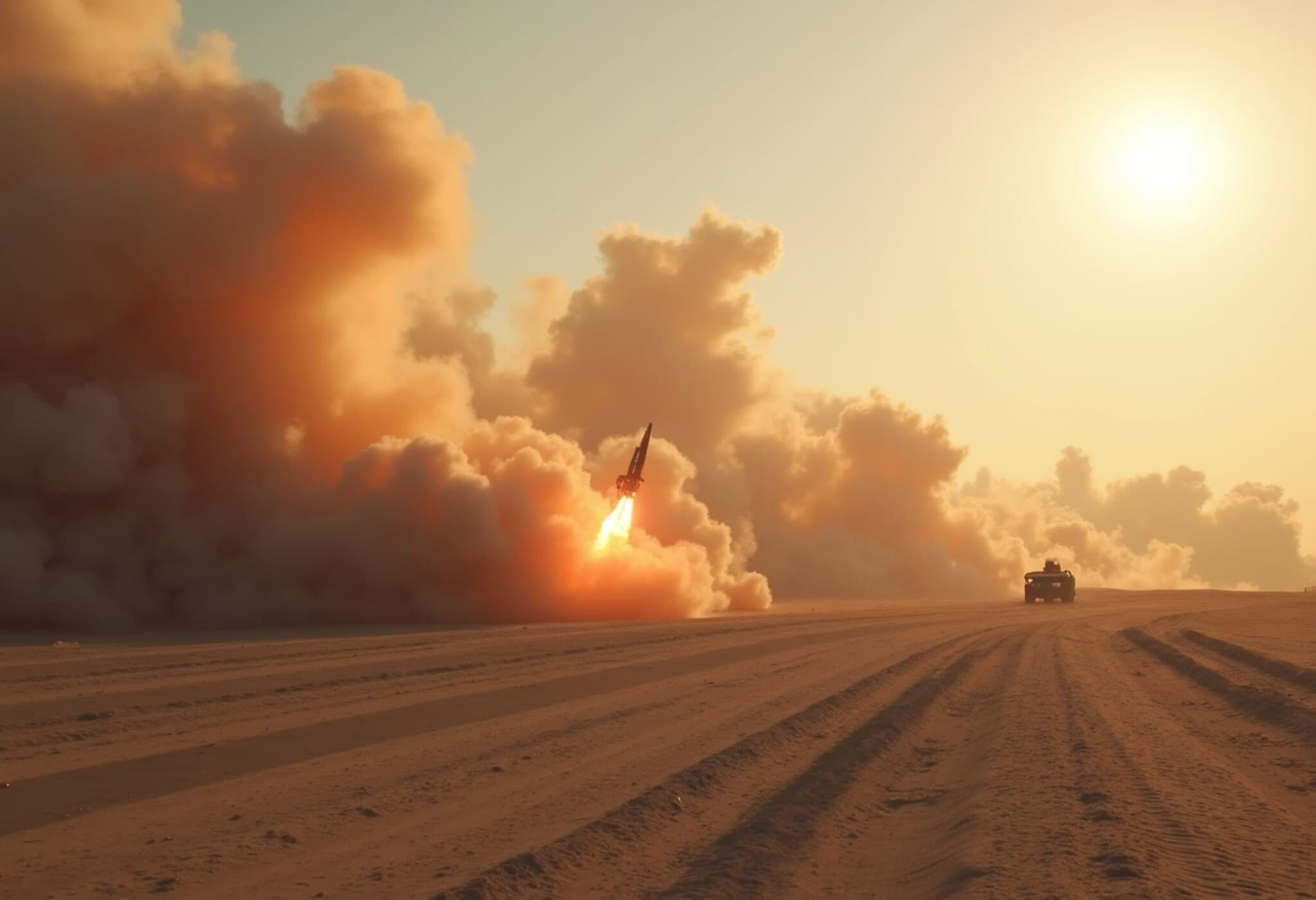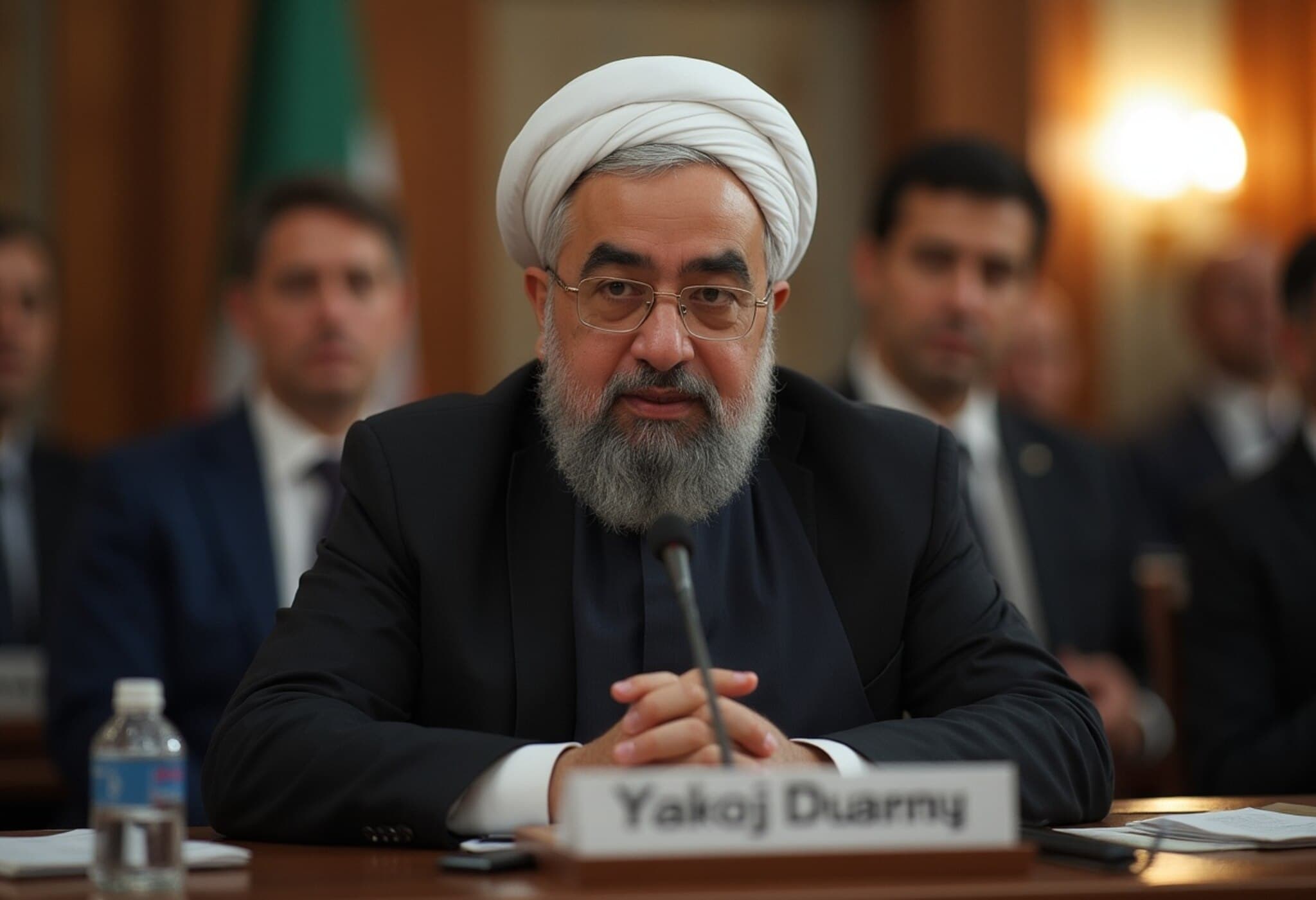US Airstrikes Spark Sharp Response From Iran
Iran’s Foreign Minister Abbas Araghchi declared that the recent US airstrikes targeting three Iranian nuclear sites mark a critical turning point. Speaking shortly after missiles struck facilities in Fordow, Natanz, and Esfahan, Araghchi emphasized that diplomacy alone can no longer address the crisis.
A New Chapter Beyond Diplomacy
"While diplomatic channels should remain open, the reality on the ground has shifted dramatically," Araghchi explained. "Our nation has endured a direct attack, making self-defense an urgent priority. This is no longer a matter for negotiation alone."
An Assault on Sovereignty and Global Norms
Describing the strikes as a “dangerous escalation and a red line crossed,” Araghchi condemned the attacks as a blatant violation of Iran’s national integrity and international law. He questioned the efficacy of existing global frameworks, suggesting the assault undermines the Nuclear Non-Proliferation Treaty (NPT) principles that Iran has faithfully upheld despite remaining a non-nuclear state.
Questioning the Nuclear Non-Proliferation Treaty
Araghchi expressed frustration with what he perceives as the international community’s failure to protect non-nuclear nations like Iran. "If the NPT cannot guarantee our security or respect our sovereignty, why should we continue to be bound by it?" he asked, highlighting perceived double standards and disregard for international law.
Official Iranian Statement on Responsibility
The Iranian Ministry of Foreign Affairs assigned "full responsibility" for the “extremely dangerous consequences” entirely to the US government, labeling its actions as aggressive and unlawful. The statement accused the US of betraying diplomatic efforts midway and supporting the actions of the Israeli regime, thereby igniting a highly perilous conflict against Iran.
US President’s Strong Stance
In response, the US President characterized Iran as a persistent regional threat that must be compelled to seek peace. He underscored America’s resolve by recalling decades of conflict and casualties resulting from Iranian actions, warning that any continued hostility will be met with even more severe responses.
Key US Remarks Include:
- Describing Iran as the "bully of the Middle East"
- Highlighting the historical toll of Iranian-supported attacks on US forces
- Asserting that the US will not tolerate ongoing aggression
- Warning that future military actions could be larger and easier
What Lies Ahead?
The recent strikes and their fallout have cast a shadow over any remaining diplomatic avenues. Iran’s commitment to defending its sovereignty “by all necessary means” signals a tense escalation in an already volatile regional landscape. With both sides trading sharp accusations and threats, the international community faces a challenging road to de-escalation.
As the situation develops, the world watches closely, aware that these events mark a pivotal chapter in the complex relationship between the United States and Iran.

